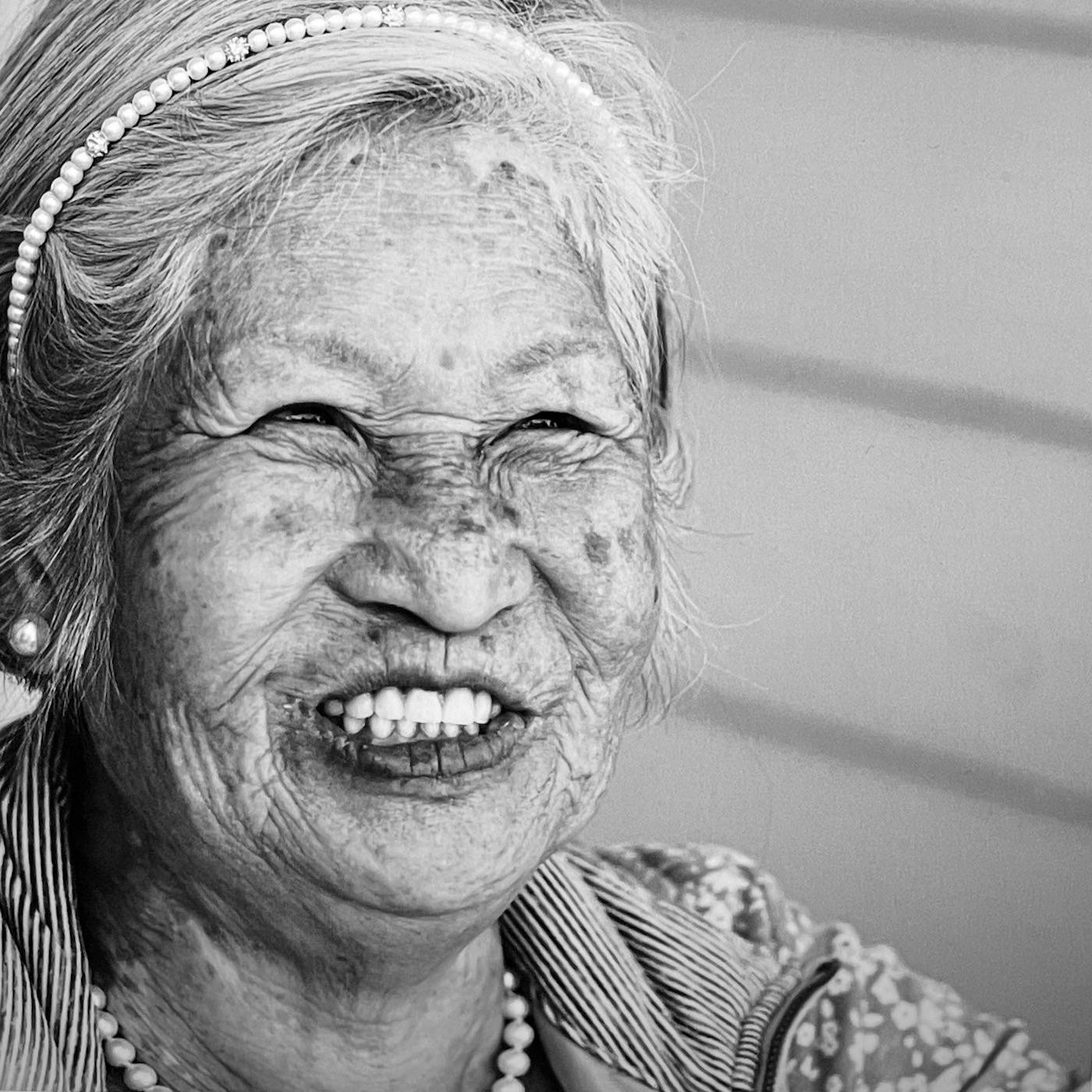Faces of Dementia: A Documentary Exhibit
Faces of Dementia is a documentary exhibit created to commemorate the beginning of the Alzheimer's Disease and Dementia Research Center at USU. The exhibit captures the everyday lives of individuals with dementia and their caregivers, giving unique insight into the impact of dementia on individuals and families. As life naturally unfolded with the subjects of these photos, photographer Maria Ellen Huebner and ADRC director and dementia researcher Beth Fauth worked together to collect stories and capture images. The photos show adults who are accomplished, who have led full lives, and who are loved dearly by their families.
These images help us remember that Alzheimer’s research is not done only on behalf of people who are living with this disease, but together with them. The photos also remind us that individuals are more than their symptoms or their diagnosis. We greatly appreciate the generosity of these families for sharing their experiences with us.
Faces of Dementia was displayed in the Lyndsley Wilkerson Gallery at the Sorenson Center for Clinical Excellence on USU's Logan campus during October of 2022, and a selection of the images now hang permanently in the ADRC. Images were printed in black and white on metal.
Meet the Artist

Maria Ellen Huebner
In Her Own Words
I sometimes find it hard to believe that I have been creating portraits of people for thirty years. Through my curiosity about culture and place, I have felt driven to tell the stories of the people in the places I have lived. It seems each decade has brought a different focus to my work, but each project draws me closer to my community, wherever it may be.
I grew up on a potato and cranberry farm in beautiful Midwest America. My mother came from a Mexican migrant family from the South who worked seasonally on many farms, including my father’s farm. My pops was a first-generation German farmer “making his way.” Their love story is an interesting one filled with triumph and tragedy.
I am proud to be a first-generation college graduate and forever grateful for the struggles my parents endured in order to foster the success of their six children. I studied art and photography at the Milwaukee Institute of Art & Design and earned my Masters of Fine Arts Photography degree from the University of Wisconsin Madison.
When I am not working on a documentary project, you will find me sharing what I have learned about the “art of seeing” with children and adults, from elementary school to college and beyond. I am currently working at the Cache Valley Center for the Arts and I am an Adjunct Photography Professor at USU as well as a volunteer art teacher at Hillcrest Elementary.
I work with small rangefinder cameras that I control manually. I carry two camera bodies, one with a wider focal length lens and the other with a longer focal length lens. I mostly stay low or at an eye level, moving slowly towards and away from my subjects so as not to alter or interfere with their behavior. This workflow allows me to be inobtrusive with the camera and to blend into the environment that I am shooting, leaving my subjects to tell their story.
The sensitive nature of the “Faces of Dementia” documentary fit well within my photographic shooting style and working techniques. Although I recently documented older adults expressing themselves through art classes in care facilities, I was surprised at how deeply emotional the “Faces of Dementia” project was for me. Watching the enduring love of family members who are living with this disease tugged at feelings and thoughts I did not know I had. Although my own mother has not been diagnosed with memory loss, I saw her in my mind, reminding me that life and time are fleeting.
My best work has always been the kind that has given something back to the community — the kind that has a deeper personal meaning to the individual or the group that holds and tells the story I am recording with them. As you view this work, I hope that you may experience some of the same feelings I had when shooting these images.





